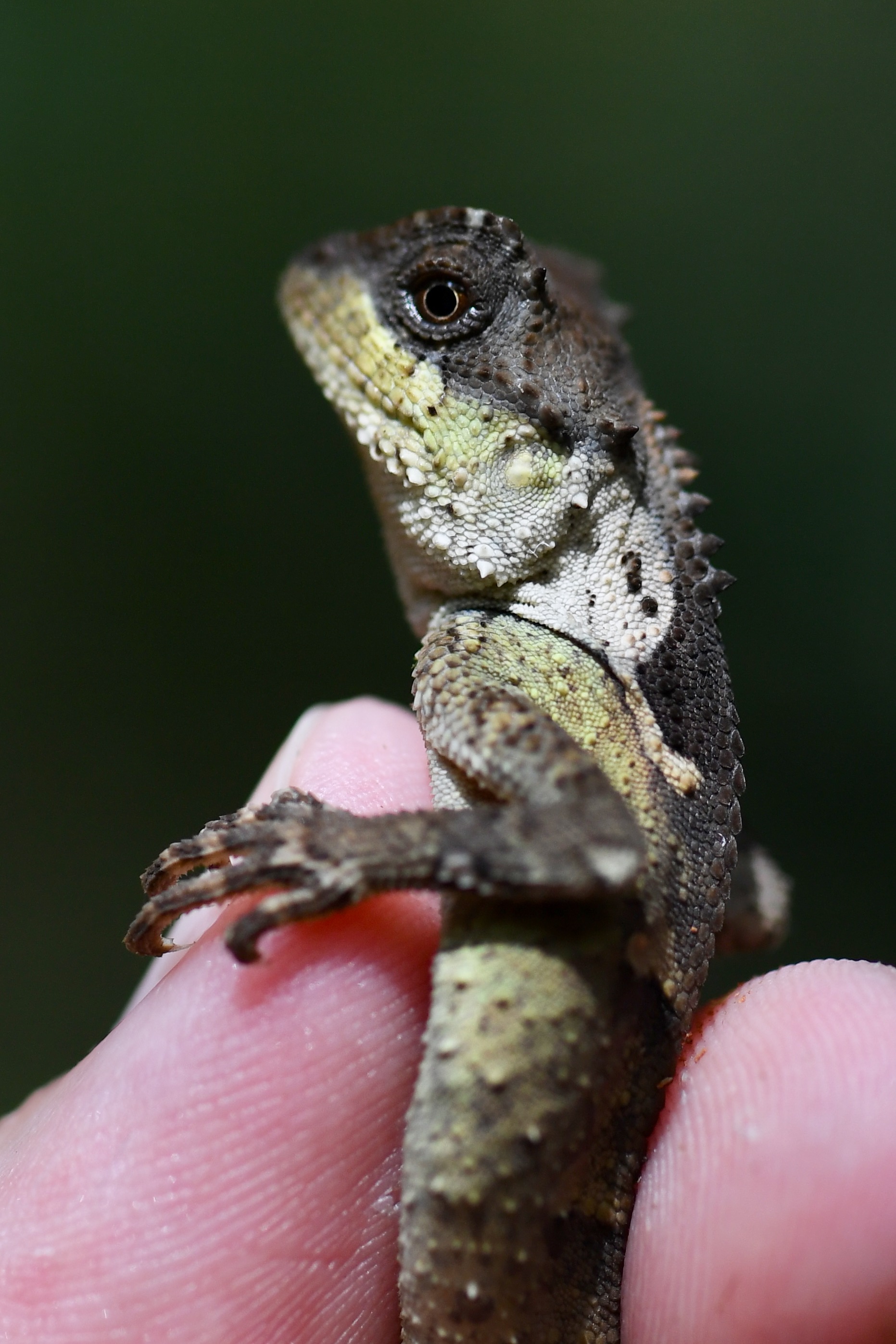How to Care for Your Horned Lizard Pet: A Comprehensive Guide
Guide or Summary:Selection and AcquisitionNutrition and HydrationHabitat MaintenanceHealth and SafetyCaring for a horned lizard, also known as a "frilled li……
Guide or Summary:
Caring for a horned lizard, also known as a "frilled lizard," can be an enriching experience for reptile enthusiasts. These fascinating creatures, with their vibrant colors and unique frill, bring a touch of the exotic to any home. However, they require specialized care to thrive. This comprehensive guide will walk you through the essential aspects of horned lizard pet care, ensuring your new friend remains healthy and happy.
Selection and Acquisition
The first step in caring for a horned lizard is selecting the right one. Look for a healthy, active lizard with bright eyes, clear skin, and a well-developed frill. Avoid lizards with signs of stress or illness, such as lethargy, discolored skin, or an unkempt appearance.
Once you've found the perfect lizard, it's time to acquire the necessary equipment. A spacious enclosure, suitable for the lizard's size, is essential. Ensure the enclosure has a basking area, hiding spots, and climbing opportunities. Additionally, provide a substrate that mimics the natural environment, such as sand or coconut fiber.

Nutrition and Hydration
Horned lizards are insectivores, meaning their diet primarily consists of insects. Offer a variety of live or frozen insects, such as crickets, mealworms, and waxworms, to ensure a balanced diet. Avoid feeding your lizard anything other than insects, as they are not designed to digest plant matter.
Hydration is crucial for horned lizards. Provide a shallow water dish filled with distilled water, ensuring it's not too deep to prevent drowning. You can also mist the enclosure occasionally to increase humidity and encourage water intake.
Habitat Maintenance
Keeping the enclosure clean and well-maintained is vital for your horned lizard's health. Clean the enclosure regularly, removing any uneaten food or soiled substrate. Spot clean daily and perform a thorough cleaning once a week. Replace the substrate entirely every few months to prevent mold and odor buildup.

Monitor the temperature and humidity levels in the enclosure to ensure they are within the recommended range. Use a thermometer and hygrometer to keep track of these factors. The basking area should be around 90-95°F, while the cooler side should be around 70-80°F. Maintain humidity levels between 30-40%.
Health and Safety
Regular veterinary check-ups are essential for your horned lizard's health. Schedule annual check-ups with a reptile veterinarian to monitor their overall well-being and address any potential health issues.
Be mindful of the risks associated with handling your horned lizard. While they are generally docile, they can bite and deliver a painful sting. Always wash your hands thoroughly after handling your lizard and avoid putting anything in their mouth or eyes.

In conclusion, caring for a horned lizard pet requires dedication and attention to detail. By providing a suitable enclosure, a balanced diet, and regular maintenance, you can ensure your lizard thrives and enjoys a long, healthy life. Remember to handle your lizard with care and consult a veterinarian for any health concerns. With proper care, your horned lizard will be a delightful addition to your household, bringing joy and education with every step.